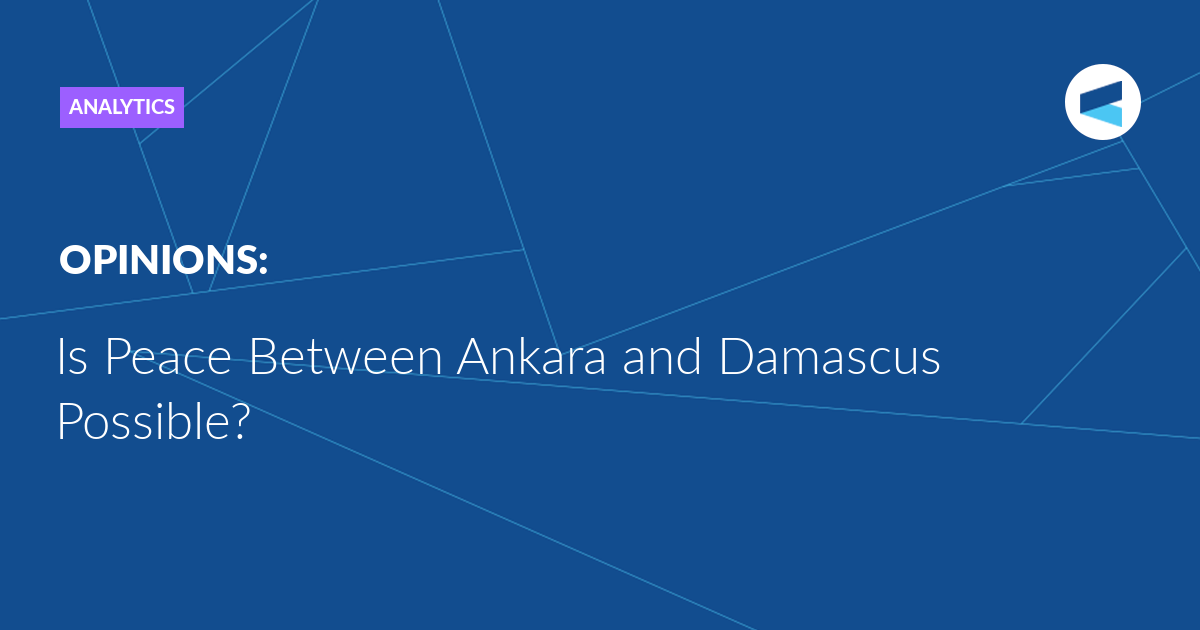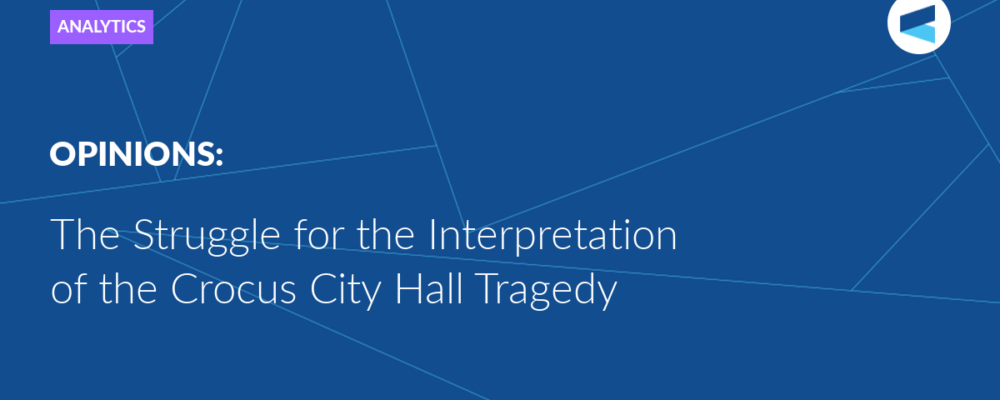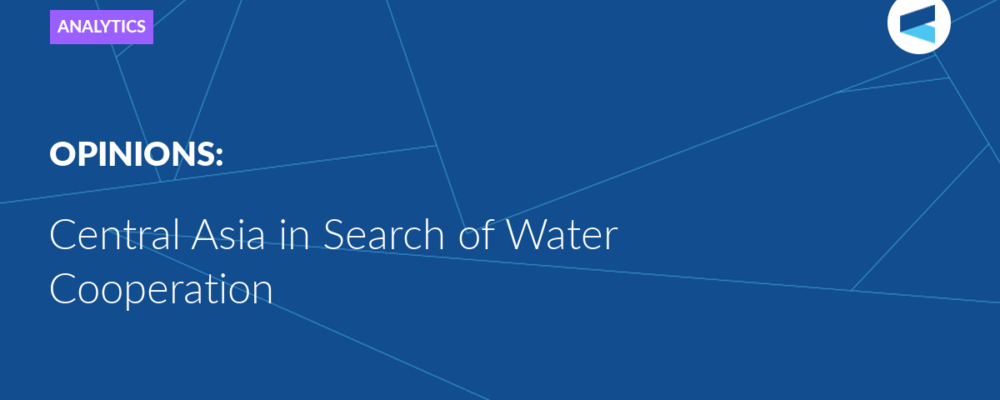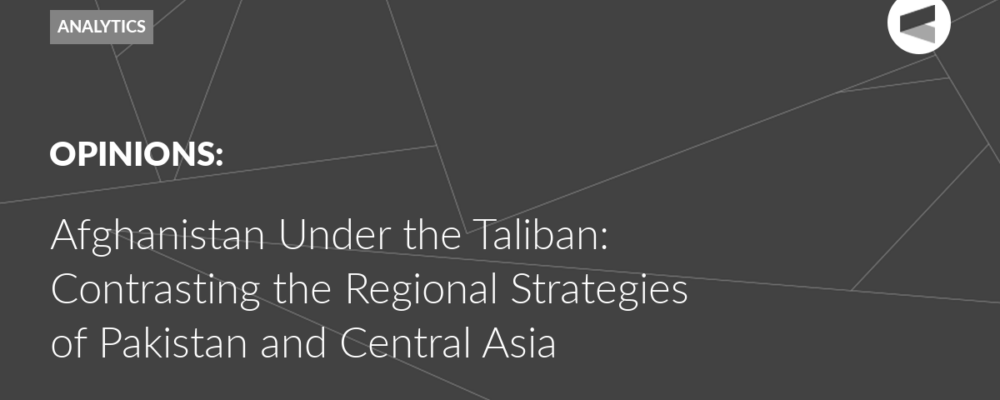In the near future we can expect the normalisation of relations between Turkey and Syria, since this is beneficial and necessary for both parties, writes Murad Sadygzade, President of the Centre for Middle Eastern Studies, Head of the Centre for Education and Cooperation of the Institute of Oriental Studies of the Russian Academy of Sciences. This process will enter an active phase, probably after the visit of Russian President Vladimir Putin to Turkey. Moscow is demonstrating pragmatism and a desire to build a mutually beneficial dialogue that takes into account the national interests of all parties, which distinguishes its approach from that of Washington, which puts its interests above all else.
A year after the failed attempt to normalise relations between the Syrian Arab Republic and the Republic of Turkey, there is hope for a restart of bilateral dialogue through the mediation of the Russian Federation. Almost twelve years have passed since the relationship between Ankara and Damascus soured. Once-close friends Erdogan and Assad suddenly turned into sworn enemies, and the border between Turkey and Syria became a constant source of instability. This conflict was another result of the Arab Spring, the storm that swept through the Middle East and North Africa in 2011.
After years of confrontation, Russia, which in 2015 assisted Syrian President Bashar al-Assad, not allowing the legitimate authorities to fall under the onslaught of opposition and terrorist groups supported from abroad, helped Damascus restore relations with many countries. First of all, Moscow contributed to improving relations between Damascus and Abu Dhabi, which, unlike Doha, Cairo and Riyadh, took a more moderate position. Then, through the joint efforts of the UAE and Russia, Syria returned to the Arab League family and began normalizing relations with other Arab countries.
In 2023, Moscow took steps to establish a dialogue between Ankara and Damascus. On April 25, quadripartite talks between the defence ministers of Russia, Iran, Syria and Turkey were held in Moscow, and practical steps to strengthen security in Syria and normalise Syrian-Turkish relations were discussed. On July 9, Alexander Lavrentyev, the special representative of the Russian President for the Syrian settlement, said that the leaders of Syria and Turkey could hold a meeting in the presence of Russian President Vladimir Putin after completing work on a road map for resolving Syrian-Turkish relations. However, later, in an interview with Sky News Arabia, Assad ruled out the possibility of negotiations with Erdogan because of the presence of Turkish troops on Syrian territory, which suspended the “warming” process.
A year later, on June 26, while receiving Alexander Lavrentyev, Bashar al-Assad said that Damascus “is open to all initiatives aimed at improving relations with Turkey, if this process is based on respect for the sovereignty and desire of the Syrian state to regain control over the entire territory of the country.” In response to this, Turkish President Erdogan said: “We are open to initiatives for normalisation with Syria. There is no reason not to establish diplomatic relations. We can act together, as in the past. We have no intention to interfere in the internal affairs of Syria. You know that we used to have a friendship, as families.”
On June 30, a government source in Damascus told Al Watan newspaper that Baghdad will become the venue for negotiations between Syria and Turkey, with the aim of normalising bilateral relations. According to the newspaper, the Turkish side asked Moscow and Baghdad “to be present at the table where a bilateral dialogue will be conducted away from the media.” The parties will have to “discuss all the details in order to return relations between the two neighbours to normal, to their previous level.” The emerging rapprochement between Ankara and Damascus received support from the United Arab Emirates and Saudi Arabia. Russia, China and Iran also encourage the parties to engage in dialogue to establish bilateral ties, according to Al Watan.
Why are Erdogan and Assad at odds?
The conflict between Turkey and Syria, which began in 2012, has become one of the most complex and lengthy international confrontations of our time. This conflict involves various aspects, including territorial disputes, ethnic and religious differences, competition for influence in the region and the involvement of many external players.
The conflict began with the Syrian civil war, which broke out in 2011. On June 14, 2012, 73 Syrian army officers arrived in the Turkish border town of Reyhanli, including 7 generals and 20 high-ranking officers who had deserted from government forces. They entered Turkey with their families, 202 people in total, and requested political asylum. There was no official confirmation from the Turkish authorities, but this fact prompted an extremely negative reaction in Damascus.
October 3, 2012, is considered the official date of the beginning of the conflict, when Turkey opened fire on Syrian territory in response to an incident on the border; five people were killed as a result of falling artillery shells. Since then, Turkey has actively supported the Syrian opposition seeking to overthrow President Bashar al-Assad. This has caused tension between the two countries, especially since Turkey was providing shelter to Syrian refugees and allowing opposition forces to use its territory for operations against Syria’s government. Turkey accused Damascus of violating its borders and launched attacks on Syrian positions.
In 2014-2016, the situation worsened with the emergence of the Islamic State (banned in Russia) in Syria and Iraq, which complicated the situation. Turkey launched Operation Euphrates Shield against IS and Kurdish forces in northern Syria. Conflicts with Kurdish groups, which Turkey considers terrorist organisations linked to the Kurdistan Workers’ Party (PKK), also escalated.
In 2017-2019, Turkey conducted Operation Olive Branch against Kurdish forces in Afrin, and then Operation Peace Spring in north-eastern Syria to create a “security zone” along the Turkish-Syrian border. Turkish forces have gained a foothold in strategically important regions of Syria, causing international condemnation. However, Ankara considered its actions legitimate, relying on the 1998 Adana Agreement between Turkey and Syria, according to which Turkey received the right to send ground troops into Syrian territory in the event of a threat to its security and stability.
Between 2020 and 2024, the humanitarian situation in Idlib, where Turkey supported opposition forces against a Syrian army offensive, deteriorated. Clashes with Syrian government forces continued, causing numerous civilian casualties and worsening the refugee crisis.
While Turkish authorities say the conflict with Syria is a security issue, it is also linked to the Turkish government’s foreign policy strategy. The Turkish leader and his Justice and Development Party support political Islam, which explains Ankara’s reaction to the events of the Arab Spring.
A wave of revolutions and coups d’état in 2010-2011 led to the fall of secular governments in many countries in the region, opening the way for supporters of political Islam. Turkey and Qatar supported these trends, hoping to expand their influence. However, over time, there was a rollback: in Egypt the military came to power again, in Tunisia a secular president limited the influence of Islamists, and in other countries supporters of political Islam were unable to cope with government administration.
Ankara realised this and began to restore ties with the current authorities in the countries of the region, as regional and global processes required a revision of its foreign policy strategy.
Now Syria is not only a matter of Turkish foreign policy, but also a domestic issue
During the years of the Syrian conflict, a significant number of people fled the war and became displaced; they constituted a large proportion of the nation’s population. Most of them found refuge in Turkey. According to the Office of the United Nations High Commissioner for Refugees (UNHCR), as of mid-2024, there are approximately 3.6 million registered Syrian refugees living in Turkey, giving it more displaced Syrians than any other country.
The arrival of such a large number of refugees has had a significant impact on the Turkish economy. Since 2011, the country has spent more than $40 billion on humanitarian aid, health care, education and infrastructure for refugees. According to the Turkish government, the yearly cost per Syrian refugee is about $8,000.
The massive influx of these refugees has led to significant social and demographic changes in Turkey. Most live in large cities such as Istanbul, Gaziantep, Sanliurfa and Izmir. Approximately 98% of Syrian refugees live outside the camps, and have integrated into local communities.
The country’s educational system has also experienced significant strain. More than 1 million Syrian children need education, and the Turkish government is committed to ensuring their access to schools. However, despite all efforts, about 400,000 of the Syrian children remain out of school.
The integration of Syrian refugees into Turkish society has brought about many challenges. Language barriers, cultural differences and limited employment opportunities have created tension between the local population and the refugees. According to polls, many Turks express concern about the economic and social consequences of the presence of large numbers of refugees.
The international community has provided significant financial support to Turkey to help Syrian refugees. The European Union, in particular, contributed more than 6 billion euros as part of a 2016 deal to support Turkey in managing the migration crisis. However, despite international assistance, Turkey continues to face enormous challenges in ensuring the welfare and integration of Syrian refugees.
The refugee factor is already influencing internal political processes. The defeat of the Justice and Development Party, which had ruled the country since 2002, in the municipal elections on March 31 of this year was a consequence of not only the difficult economic situation, but also the growing discontent of the population due to the massive influx of refugees, including from Syria. The Republican People’s Party (CHP), which won the local elections, is actively using the “refugee card” in the fight against the authorities.
At the end of last month, immediately after Al Watan newspaper reported about the possible normalisation of relations between Ankara and Damascus, riots broke out throughout the country. They started late on June 30 in the city of Kayseri, when local media reported the alleged rape of a seven-year-old girl by a 26-year-old Syrian man. Outraged residents overturned cars, attacked migrants and called for the deportation of all refugees from Turkey. The rioters shouted anti-government slogans and demanded Erdogan’s resignation.
The protests later spread to Alanya, Antalya, Konya, Istanbul, Ankara, Bursa and other major cities. Minister of Internal Affairs Ali Erlikaya announced on X on July 2 that 474 riot participants had been detained, of which 285 had a criminal record. The authorities said that these were provocations that could have destructive consequences.
Ozgur Ozel, the leader of the opposition Republican People’s Party of Turkey (CHP), said that he expects to meet with Syrian President Bashar al-Assad in Syria in a month and a half. “We support behind-the-scenes diplomacy with Assad, the results are quite positive. In the next month or a month and a half – I can’t give guarantees if it works out – I will hold a meeting with Assad. Maybe before that, I will even meet with the head of the Turkish Foreign Ministry and President Erdogan,” Ozel said on June 29 in an interview with journalist Fatih Altaylı.
The ongoing protests and political manoeuvres of the opposition reflect a deep crisis that requires urgent and comprehensive solutions. Thus, the normalisation of relations between Ankara and Damascus is dictated not only by foreign policy considerations, but also by the need to resolve internal problems in order to ensure stability and well-being for both the local population and the displaced.
Russia wants peace between Turkey and Syria
The conflict between Ankara and Damascus, despite all its depth and complexity, has a chance at quick resolution thanks to the active diplomatic efforts of Moscow. Russia, striving to achieve a final resolution of the Syrian crisis, has played a key role in establishing dialogue between Turkey and Syria. However, the pro-Western opposition in Turkey, as well as Washington and its allies, will try to prevent the normalisation of relations between Erdogan and Assad, seeing this as a threat to their interests.
At various levels, Moscow is actively preparing the parties to resolve the conflict. An important step in this direction was the meeting of Russian leader Vladimir Putin with his Turkish counterpart on July 3 in Astana, on the eve of the SCO summit. The discussion of a normalisation of relations between Ankara and Damascus is also likely to be on the agenda. This was confirmed by the statement made by Turkish President Recep Tayyip Erdogan on board his plane when he returned from the trip. He stressed that Turkey will always stand for a prosperous and united Syria based on justice and inclusiveness.
Erdogan noted that the restoration of ties between Ankara and Damascus worries not the countries, but terrorist groups like PKK/PYD/YPG and ISIS. He has expressed his intention to invite the leaders of Russia and Syria to Turkey to discuss the normalisation of relations. The President also stressed that Turkey will not allow the creation of a terrorist state in the region and regretted the lack of support from NATO allies in the fight against terrorist organisations. This message was sent to the West, which continues to support Kurdish armed forces that are in constant conflict with Turkey.
If Ankara and Damascus normalise relations, they will be able to jointly eliminate the Kurdish groups supported by Washington and Brussels, which threaten the security of Turkey and the territorial integrity of Syria. For Russia, this will be another diplomatic victory, strengthening its status as a reliable partner in the region.
So, in the near future we can expect the normalisation of relations between Turkey and Syria, since this is beneficial and necessary for both parties. This process will enter an active phase, probably after the visit of Russian President Vladimir Putin to Turkey. Moscow is demonstrating pragmatism and a desire to build a mutually beneficial dialogue that takes into account the national interests of all parties, which distinguishes its approach from that of Washington, which puts its interests above all else.
The Valdai Discussion Club was established in 2004. It is named after Lake Valdai, which is located close to Veliky Novgorod, where the Club’s first meeting took place.
Please visit the firm link to site






